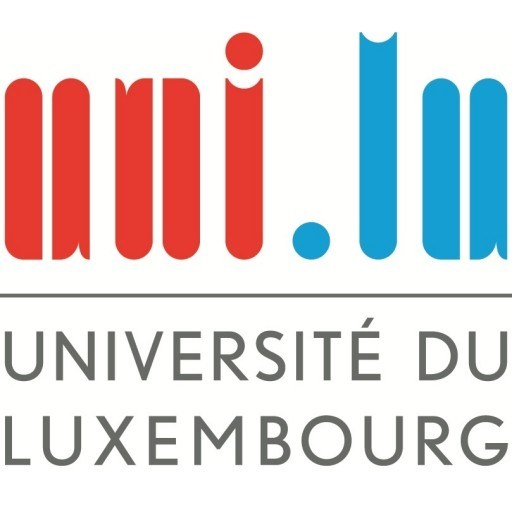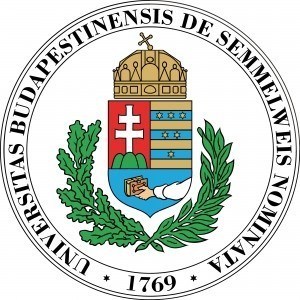Photos of university / #fachhochschule_kiel
- Information Technology and Systems Development
- Intelligent Systems
- IT Security
- Business IT Management
Typical course examples are:
- Automatic Image Processing
- Pattern Recognition
- Ubiquitous Computing
- Advanced Application Programming
- Cross-Cultural Leadership and Human Resource Management
- Attack Identification, Analysis, and Response
- Enterprise Architecture
Educational organisation
Semesters one & twoSix modules have to be selected each semester for a full load, corresponding to a total workload of 30 credit points. Three modules are compulsory modules and three are specialisation modules.
Semester three
Part one:
Required Master's Research Project, workload 15 credit points
Part two:
Three (additional) modules have to be selected, corresponding to a total workload of 15 credit points.
Semester four
Final Project (Master's thesis):
The final thesis can be carried out in collaboration with a company or a research lab and has to be completed in no more than six months.
Thesis Defence (Colloquium)
Study abroad unit(s)
Participants can optionally spend one to two semesters of the programme at an international partner university.Double degree programmes are available with some of these institutions.
Forms of assessment
The following forms of assessment are used:- Final exams
- Seminars
- Projects (generally team-based)
Course objectives
The course includes practical work in cooperation with local business and industry. This combination of academic knowledge, practical experience, and professional skills ensures a highly professional education, ideal for advancing knowledge and employability.Language requirements
Students have to be proficient in English.Minimum level required: B2 (according to the Common European Framework of Reference for Languages - CEFR)
The following certificates are accepted as proof of language skills (minimum scores):
- TOEFL (Internet-based): 70
- TOEFL (computer-based): 185
- TOEFL (paper-based): 515
- IELTS: 5.5
- BULATS: 60
- equivalent Cambridge-ESOL Qualification
Also accepted as proof of language proficiency are:
- English as native language (native speakers)
- Degree from an English-taught Bachelor's programme
Academic requirements
Admission requirements include:- A relevant three- or four-year degree from a recognised university (e.g. Bachelor's degree in information engineering, information technology, computer science, business informatics or equivalent qualification in a relevant subject)
- Proficiency in English
Enrolment fees
Semester fee:Approx. 120 EUR per semester
The fee includes a semester ticket covering public transport in the Kiel metropolitan area.
Registration fee (one-time payment): 100 EUR
Costs of living
Approx. 700 EUR per month to cover personal expensesArrival support
Assistance and orientation is available through the International Office.See: http://www.fh-kiel.de/international-office
E-mail: international@fh-kiel.de
Services and support for international students
Special ServicesAll students accepted into the course will be offered the following services:
- Assistance with the search for accommodation
- Assistance with immigration and other authorities
- Counselling and tutoring
- German language courses
Accommodation
Accommodation is available through the Student Services Office or on the private market. Rent for a single room in a student residence is approx. 260 EUR.See: http://www.studentenwerk.sh
Support by the International Office is available at: http://www.fh-kiel.de/accommodation








